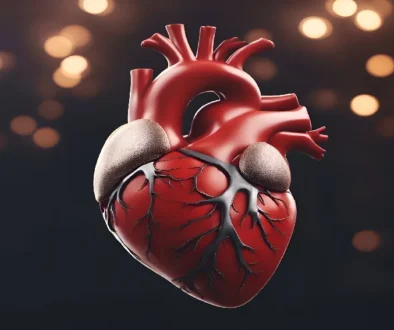Coronary Heart Disease Symptoms (Heart Attack)
Coronary Heart Disease Symptoms
Symptoms Related to the Chest
- Chest pain
Pressure in the chest
Squeezing chest pain
Fullness or choking feeling
Heaviness in the chest as if some object is sitting on the chest
Chest tightness
Angina Symptoms: Angina can be referred to as a pressurized, aching, heavy, painful, and squeezing feeling in the chest. Burning, aching, heaviness, and discomfort are often mistaken for heartburn and indigestion. Pain and discomfort can also be felt in the neck, arms, shoulders, neck, jaw, throat, and back.
Pain in the upper abdomen or back
Weakness, numbness, or coldness in your legs or arms
Pain in the neck, throat, and jaw
Faster heartbeats
Flip-flop feeling or Irregular heartbeats in the chest (Palpitations)
Dizziness
A feeling of faintness
Shortness of breath or breathing difficulty
Cold sweats
Vague Discomfort
A general sense of unease
Discomfort in other areas of the body
Nausea
Symptoms of a Heart Attack
Symptoms associated with a typical heart attack may last for about 30 minutes or longer and may nor get better with medicines or rest. The symptoms begin and develop progressively to a significant extent. Initially, the symptoms may begin as mild but gradually become intense. In some cases, the symptoms of heart attack are not apparent or completely absent. A heart attack that occurs without any warning signs and symptoms is known as a silent heart attack [silent myocardial infarction (MI)].
Whether it is an apparent or silent heart attack – don’t delay in seeking treatment. It is always better to seek immediate medical help following a heart attack to protect your heart. If you delay in approaching a specialist doctor, your life would be at stake.
Bottom Line
Many people with heart disease seem to be normal with no symptoms or only subtle symptoms and lead a healthy life. Sometimes, hidden or underlying heart disease manifests suddenly with some severe signs and symptoms – which progress and worsen heart function over time. In some cases, the symptoms mimic the symptoms of less severe conditions like heartburn, indigestion, and an upset stomach. Sometimes, it becomes difficult to interpret heart attack signs by yourself. Therefore, when you notice even some vague or inapparent signs, you must not ignore those as your leniency can prove detrimental to your health.
If you notice coronary heart disease symptoms, see your cardiologist immediately.




